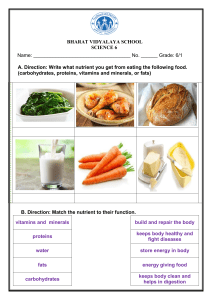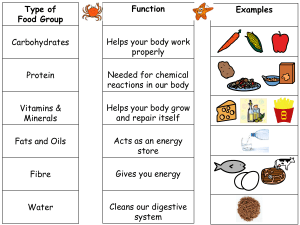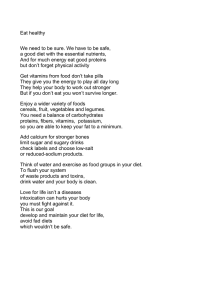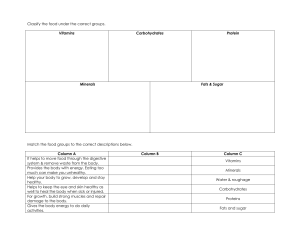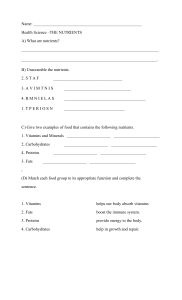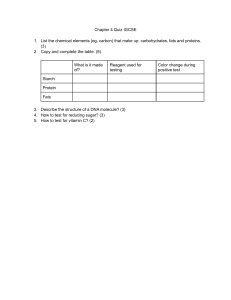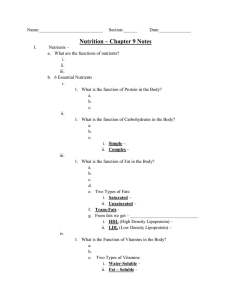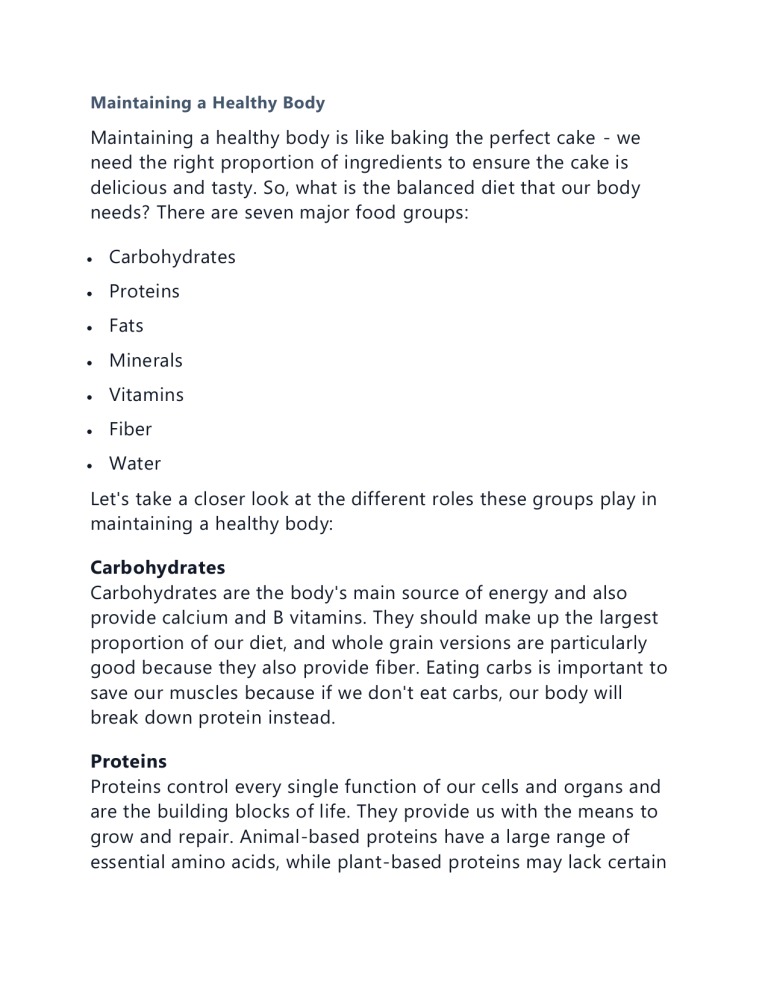
Maintaining a Healthy Body Maintaining a healthy body is like baking the perfect cake - we need the right proportion of ingredients to ensure the cake is delicious and tasty. So, what is the balanced diet that our body needs? There are seven major food groups: Carbohydrates Proteins Fats Minerals Vitamins Fiber Water Let's take a closer look at the different roles these groups play in maintaining a healthy body: Carbohydrates Carbohydrates are the body's main source of energy and also provide calcium and B vitamins. They should make up the largest proportion of our diet, and whole grain versions are particularly good because they also provide fiber. Eating carbs is important to save our muscles because if we don't eat carbs, our body will break down protein instead. Proteins Proteins control every single function of our cells and organs and are the building blocks of life. They provide us with the means to grow and repair. Animal-based proteins have a large range of essential amino acids, while plant-based proteins may lack certain amino acids, so it's important to combine different protein sources to get a complete profile. Fats Fats are essential for a healthy balanced diet. They are needed for growth, development, and overall bodily functions. Fats are used as energy, insulate nerve cells, are found in cell membranes, transport vitamins, and are important for hormone production. Remember, fats do not make you fat - eating too many calories does. Vitamins Vitamins are necessary for growth and normal cell function. We must obtain vitamins from our diet as our body cannot produce them. A varied diet balanced in proteins, carbohydrates, fats, fruits, and vegetables will likely provide ample amounts of vitamins. Minerals Minerals are essential for building strong bones, teeth, and overall health. They are involved in nerve function, muscle function, and metabolic processes. A varied and balanced diet usually provides the necessary minerals. Fiber Fiber, also known as roughage, is important for our intestines. It helps balance out fat and carbohydrate absorption, regulates bowel movements, and aids in the removal of waste and toxins. Remember to drink lots of water when consuming fibrous foods to avoid dehydration. Water Water is vital for our body's health and function. It keeps our blood flowing, maintains the health of our cells, eliminates waste products, and helps regulate body temperature. Make sure to drink plenty of water throughout the day to stay hydrated. Remember to have a varied diet and drink lots of water.
